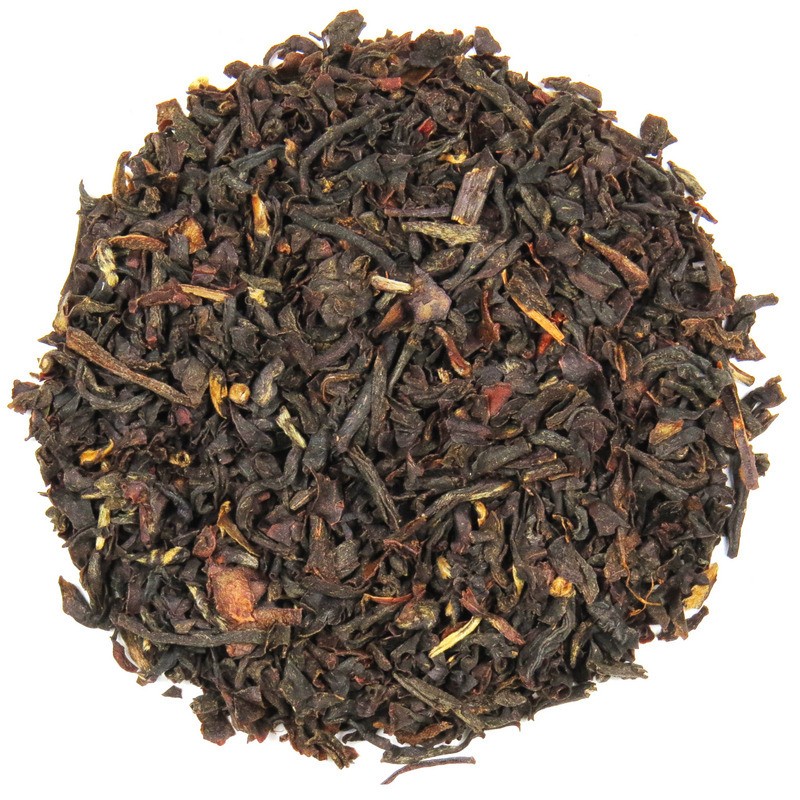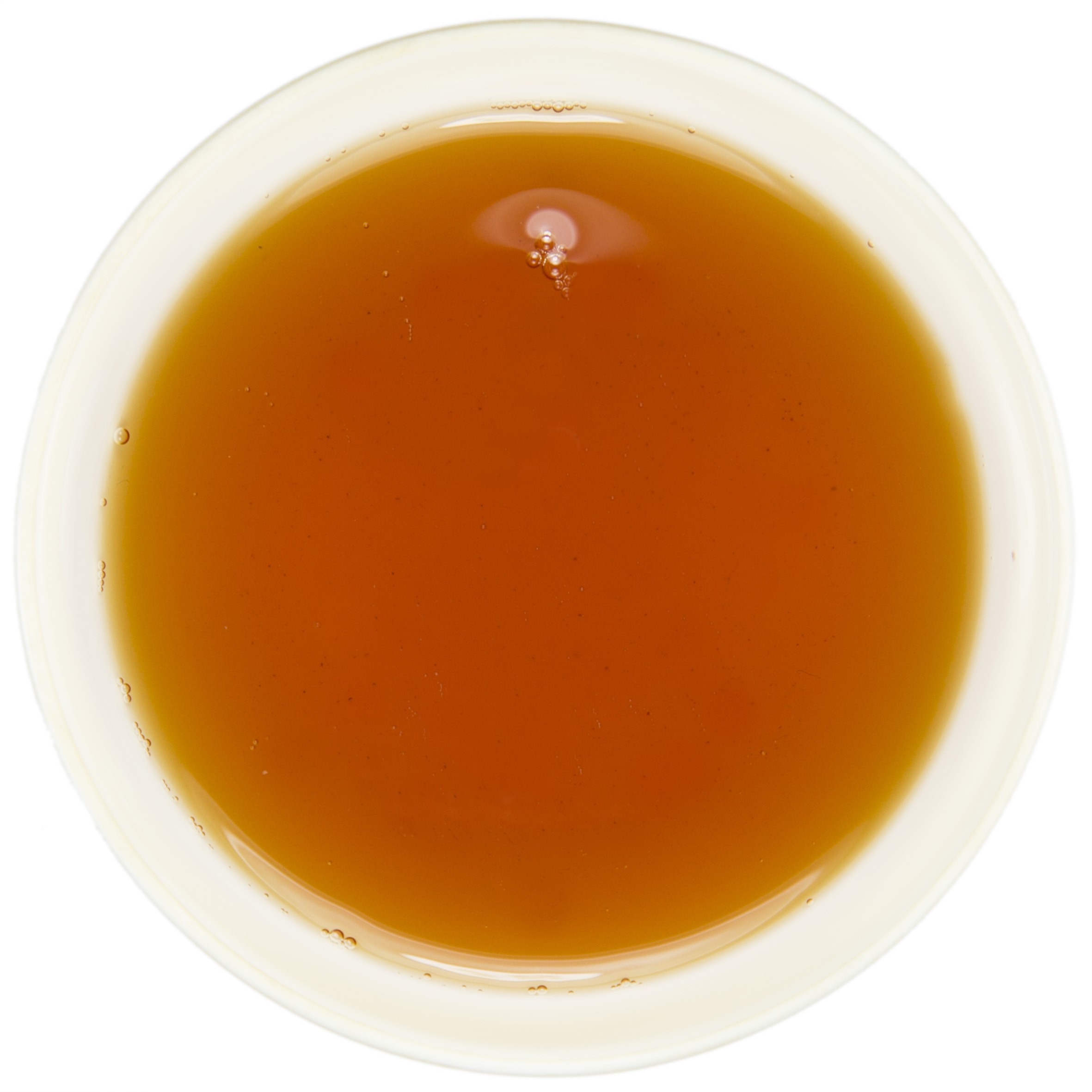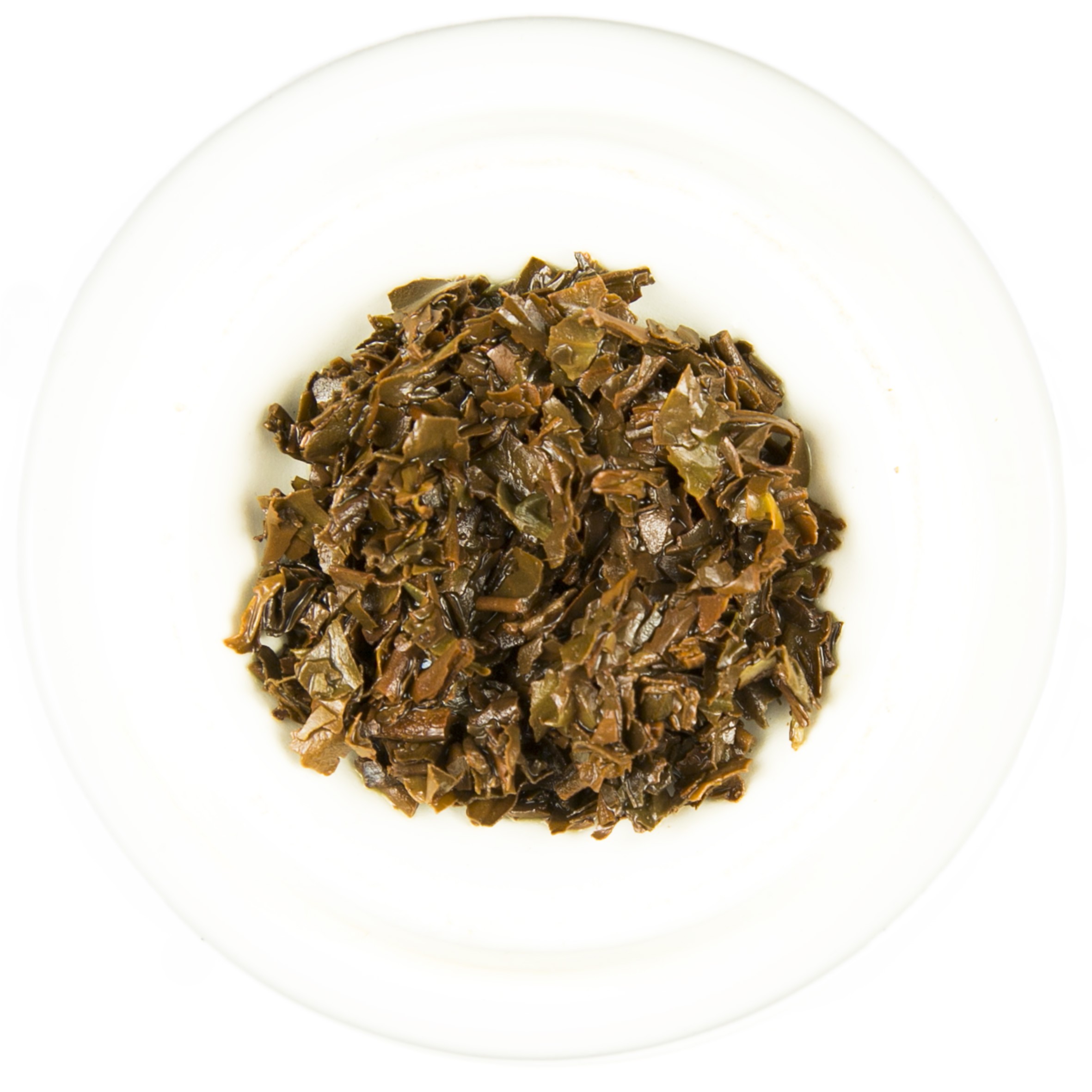Black Tea Brewing Guide

1 Teaspoon
Add 1 teaspoon per person and one for the pot.

95⁰c - 100⁰c
Boil using fresh water, at a temperature of 95⁰ - 100⁰c.

3 - 5 Mins
Steep for 3-5 minutes, depending on personal preference
About Product
-
Product Description
Afternoon Leaf Tea takes a page out of the book of British history. It is inspired by the centuries-old tradition of “taking tea”, accompanied with some light snacks, in the afternoon. However, it may be in the name but Afternoon Tea can also be enjoyed at any time, 24 hours a day! Afternoon drinking is more of a suggestion than a necessity as once you have tried this mouthwateringly flavoursome brew, you’ll never be able to put it down.
Afternoon Tea is a blend of Broken Orange Pekoe (BOP) teas from Assam in India, the Nilgiri Hills, which are also in India, and East Africa. It has a light, refreshing taste which, in truth, is ideal for the afternoon. But ultimately, that choice is yours. “Take” afternoon tea at 2pm or 2am; enjoy it in the parlour of your Manor House or in the garage next to your 2 bedroom flat while you’re fixing your car.
There is no preference of place nor is there any preference of what you add to your tea. Have milk; have sugar; have honey, or have lemon. Alternatively, have Afternoon Tea because of its astounding benefits when consumed as part of a healthy and active lifestyle.
In fact, the frequent consumption of this beverage can enhance cognitive function, support the immune system, boost the metabolism, and reduce the risks of developing Type II Diabetes. It can also provide relief from anxiety and possibly, although studies are preliminary, offer cancer-fighting abilities. Whatever your reasoning for choosing Afternoon Tea, you’re in for a treat.
Britain has a love for tea like none other. It stems from hundreds of years of consumption, reaching its peak in the early 19th Century around the time that Anna, the 7th Duchess of Bedford, allegedly complained of “having that sinking feeling” during her late afternoons. Unlike today, most families, both rich and poor, had only two meals a day, those being breakfast and dinner, the latter usually occurring at 8 o’clock in the evening.
For the 7th Duchess of Bedford, the lull period between breakfast and dinner was missing something: her answer was a pot of tea and a light snack taken privately in her boudoir during the afternoon. Later she opened the invitation to friends whom she would host at Woburn Abbey, asking them to join her for “tea and a walk in the fields”.
The concept inspired many, and soon after, socially inclined hostesses picked up the idea, which then spread, and spread, and spread. Over time, enjoying an “Afternoon Tea” became fashionable among all classes of Britain.
Nowadays, most people seldom use the term “Afternoon Tea” when brewing up at any time between midday and 6pm. For the most, only hotels and restaurants still entertain the idea. But that’s changing again, and with the help of The Kent and Sussex Tea and Coffee Company, there is hope once more that enjoying an Afternoon Tea can become a past time of the 21st Century the same way it was 200 years ago.So, put the kettle on, make some cucumber sandwiches, and revive the tradition today with our very own Afternoon Tea.
Useful Information
Type of Tea: Loose Leaf Black Tea.
Origin: A blend from China, India, and Africa.
Brewing Instructions: Brew using freshly boiled water and infuse for 3 to 5 minutes.
How to Serve: Choose from milk, sugar, honey, or lemon. Alternatively, serve black.
Tasting Notes: Afternoon Tea is for the traditionalists. It consists of smooth yet defined malty notes and a refreshingly malty aftertaste.
Colour in Cup: Ruby liquor with coppery highlights, light in tone.
Health Benefits: The jury’s still out on this one, but early evidence suggestions that there may be correlations between the frequent consumption of Black Tea and the reduced risks of developing certain cancers. In 2015, a meta-analysis found that drinking a cup of tea a day (no matter the type) reduced the risks of developing cancer by 2%.Those who drank the most tea, on the other hand, had a 21% lower cancer risk than those who drank none. Studies are ongoing, but many scientists believe that the antioxidants found in tea – including, of course, Afternoon Tea – afford protection against cancers of the lung, forestomach, oesophagus, duodenum, pancreas, liver, breast, colon, and skin.
It’s important to note, however, that most trials have been animal based excluding the above meta-analysis. Until more is known, The Kent and Sussex Tea and Coffee Company do not endorse the consumption of Afternoon Tea, or any Tea, for reducing the risks of Cancer. We do, however, support fully further research and will be following the development of such studies.
-
Delivery Information
We offer reliable delivery services through Royal Mail to ensure that your orders reach you on time.
Here are the main points you should be aware of:
- Standard UK Delivery: £3.95 excluding delivery charge.
- Delivery Times: Orders are processed and dispatched within 2-5 working days but they may take longer during busy times. It is worth noting that all our orders are packed by hand in order to maintain the quality.
- Free Delivery: We are delighted to provide free shipping for UK orders over £35*. Moreover, customers from Europe can enjoy free shipping for any purchase above €75*. Furthermore, we offer free delivery in the USA for all purchases exceeding $125*. Please note terms and conditions may apply.
- Tracking: When your package is sent you will receive a tracking number via email so as to keep tabs of its progress.
International Shipping
We do ship worldwide meaning our products can be accessed by anyone around the world.
Here are some important details:
- Delivery Times: International deliveries vary based on destination, generally taking between 7-14 working days.
- Shipping Costs: International shipping costs are calculated at checkout based on your location and weight of your order. View full delivery charges for your location.
- Customs and Import Duties: Remember customs or import duties may exist depending on regulations in your country; these charges are borne by the customer.
Returns Policy
Your satisfaction is our top priority, however if for any reasons you’re not completely happy with your purchase, simply follow our returns procedure:
- Eligibility: Items returned within 30 days of receipt must remain unopened and in their original condition.
- Process: In order to return an item contact our customer service department using your unique order number after which detailed instructions will be given concerning returning them back to us securely.
- Refunds: Our aim is to refund you within 5-7 working days upon successful reception of returned goods. The refund amount will be credited to your original payment method.
For any other Enquiries or help please contact our Customer Support Team always at your service.
-
Product Reviews

 Loose Leaf Tea
Loose Leaf Tea Pyramids
Pyramids Tea Bags
Tea Bags Africa
Africa Assam
Assam Ceylon
Ceylon Chinese
Chinese Darjeeling
Darjeeling European
European Indian
Indian Japan
Japan Nepal
Nepal South East Asia
South East Asia Ayurveda Tea
Ayurveda Tea Black Tea
Black Tea Chai Tea
Chai Tea Flowering Tea
Flowering Tea Fruit Tisanes
Fruit Tisanes Green Tea
Green Tea Herbal Tea
Herbal Tea Matcha Tea
Matcha Tea Oolong Tea
Oolong Tea Organic Tea
Organic Tea Pu erh Tea
Pu erh Tea Rooibos Tea
Rooibos Tea White Tea
White Tea Asian Coffee
Asian Coffee Caribbean Coffee
Caribbean Coffee Central American Coffee
Central American Coffee South American Coffee
South American Coffee Coffee Blends
Coffee Blends Decaffeinated Coffee
Decaffeinated Coffee Espresso Coffee
Espresso Coffee Ethically Sourced Coffee
Ethically Sourced Coffee Flavoured Coffee
Flavoured Coffee Organic Coffee
Organic Coffee Single Origin Coffee
Single Origin Coffee Chocolate 1
Chocolate 1 Chocolate 2
Chocolate 2 Chocolate 3
Chocolate 3 Chocolate 4
Chocolate 4 Chocolate 5
Chocolate 5 Chocolate 6
Chocolate 6 Chocolate 7
Chocolate 7 Chocolate 8
Chocolate 8 Chocolate 9
Chocolate 9 Loose Tea Filters
Loose Tea Filters Tea Accessories
Tea Accessories Tea Bricks
Tea Bricks Tea Caddies
Tea Caddies Tea Caddy Spoons
Tea Caddy Spoons Tea Gift Ideas
Tea Gift Ideas Tea Infusers
Tea Infusers Tea Strainers
Tea Strainers




